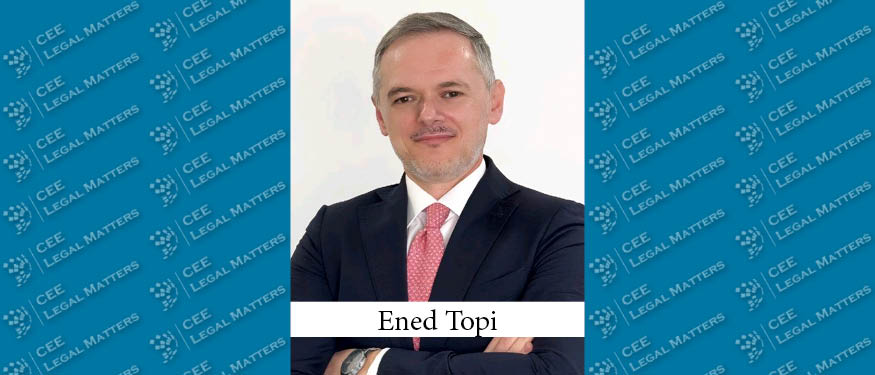Keyword advertising is one of the most important and most common tools in online advertising. Google Ads is the biggest platform for keyword advertising, where companies pay to have their advertisement appear above or below the natural (non-paid) results of a Google search for a certain term. Choosing the right keywords is therefore crucial for businesses to reach as many potential customers as possible.
However, in Hungary and many other countries, companies take advantage of the system and tend to set not only their own brand name and trademarks as a keyword, but those of their competitors as well, in order to attract their competitors’ consumers to their own website through a paid advertisement. As a result, when an internet user searches for the brand name or the name of a product of Company A to obtain information about the products or services of that company, the paid advertisement of Company B – which uses the trademark of Company A as a keyword – will appear in the search engine, diverting internet users from their original search and from the website of Company A.
Smart and Crafty Advertising or Just Unlawful?
The question is whether using a competitor’s trademark as a Google Ads keyword for one’s online campaign is just a smart and crafty way of advertising or is actually unlawful. The short answer is, in principle, it is unlawful and might constitute trademark infringement.
Trademark infringement is the use of a trademark (or a sign that is confusingly similar to the trademark) in the course of trade without the authorization of the trademark owner. Traditional trademark infringement is usually committed by putting a sign, logo, or name on products without the permission of the holder, or by advertising one’s products or services under someone else’s trademark. However, using a competitor’s trademark as a Google Ads keyword is a less visible and obvious way of trademark use and, therefore, a more subtle form of trademark infringement.
European Union Practices
The Court of Justice of the European Union (CJEU) addressed the topic of keyword advertising as trademark infringement in several preliminary rulings (e.g., in cases C-278/08 BergSpechte, C-236/08 Google France, C-558/08 Portakabin, and C-323/09 Interflora). According to the CJEU, using a keyword that is identical to, or confusingly similar with, the trademark of a competitor constitutes trademark infringement – if the paid advertisement that appears in the search engine does not enable average internet users, or enables them only with difficulty, to ascertain whether the goods or services referred to in the ad originate from the trademark owner, or an undertaking economically connected to it, or rather originate from a third party.
Therefore, unauthorized use of a competitor’s trademark as a Google Ads keyword can only be lawful if the paid advertisement makes it perfectly clear and obvious that the products or services included in the advertisement originate from the advertiser and not from the holder of the trademark (which was used as a search term and keyword) or from any third party. If these conditions are met, then the trademark use is lawful, as offering internet users an alternative to the trademark holder’s services is a part of normal competition, and trademark law is not supposed to protect trademark holders from standard commercial practices.
The Approach of Hungarian Courts to Keyword Advertising
Despite it being unlawful in most cases, it is still commonplace for many market players in Hungary to set their competitors’ trademarks as keywords to attract consumers to their website. However, Hungarian courts consistently apply the case-law and the conditions set by the CJEU and, in addition to requiring infringers to remove the infringing keywords from their Google Ads platform, they may order the public declaration of infringement and require the infringer to pay damages as well.
Therefore, while taking advantage of a competitor’s well-known trademark to increase website traffic might seem like a smart way of advertising – which one could easily get away with – it is actually a very serious case of trademark infringement. If evidence exists, such as screenshots of a competitor’s paid ad appearing as a result of a Google search for another party’s registered trademark, these practices can have severe civil law consequences and can result in criminal sanctions as well.
By Ildiko Komor Hennel, Founding Partner, and Borbala Lili Kovats, Attorney, Komor Hennel Attorneys
This Article was originally published in Issue 9.3 of the CEE Legal Matters Magazine. If you would like to receive a hard copy of the magazine, you can subscribe here.














